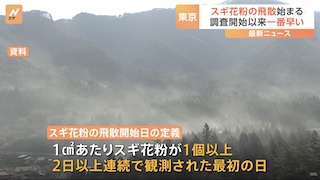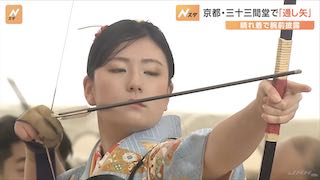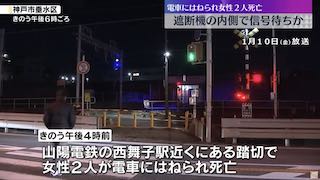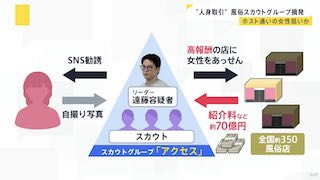Mar 13 (eastasiaforum.org) - The Suga administration recently submitted a bill to revise Japan’s Act on Special Measures to Facilitate Investment in Agricultural Corporations.
The bill aims to expand the recipients of investments from special agricultural funds, or limited liability partnerships consisting of financial institutions specialised in financing agricultural businesses. Special agricultural funds are currently only permitted to invest in the agricultural sector, but the revision would also allow investments in the fishing, forestry and food-processing sectors.
By making greater financial resources available to producers and exporters of agricultural and food products, the Japanese government aims to expand agricultural exports from 922.3 billion yen (US$8.5 billion) in 2020 to 2 trillion yen (US$18.5 billion) by 2025, and 5 trillion (US$46.1 billion) by 2030. The revision is expected to play a significant role in helping to promote exports given the large investments that are needed in infrastructure systems, overseas marketing and advertising, and human resources development.
The promotion of agricultural exports — nicknamed seme no nosei, or ‘proactive agricultural policy’ — has become an important element of Japan’s economic growth strategy. This is in sharp contrast with Japan’s old protectionist policies in the past.
Japan is negotiating with other countries to remove or relax trade barriers and regulations on agricultural products. It is promoting Japanese food product sales by hosting business fairs overseas. Japan’s Ministry of Agriculture, Forestry and Fisheries (MAFF) established a new agency in 2017, the Japan Food Product Overseas Promotion Center, for overseas sales promotion and branding of Japanese food products. MAFF also started the Global Foodstuff Export Project in 2018, which provides business consulting to producers and exporters. Third, the government provides financial support to producers and exporters to invest in infrastructure systems for exporting their products.
Thanks to such measures, Japan has achieved its goal, set in 2005, to increase agricultural exports from 300 billion yen (US$2.8 billion) to 1 trillion yen (US$9.2 billion) by 2025 almost five years early. Japan’s agricultural exports grew faster than expected, particularly over the last 10 years, thanks to growing global demand for food products and the rising popularity of Japanese food overseas. But still, the growth rate has slowed in the last three years.
Japan faces a number of challenges in continuing to grow its exports of agricultural products beyond the need for investment and proactive government promotion. As such the government will need to take action in following areas.
First, Japanese agricultural products lack price competitiveness in the global market due to high production costs. For example, despite the different rice grain varieties, the average wholesale price of rice in Japan was five times higher than that in Thailand in 2020. Japan can address domestic efforts to suppress rice supply to increase its value through subsidies as well as measures to encourage rice farmers to produce alternative crops.
Second, Japan’s target markets have various trade barriers to food imports, including tariffs, health and safety regulations and other non-tariff barriers — particularly in developing countries. For example, China requires foreign rice to be sterilised in fumigation facilities before shipping. There are only seven facilities of this kind throughout Japan and building more would be costly. While the Suga administration’s law revision would certainly help in this regard, Japan should also negotiate with China to lift such regulations in the future.















